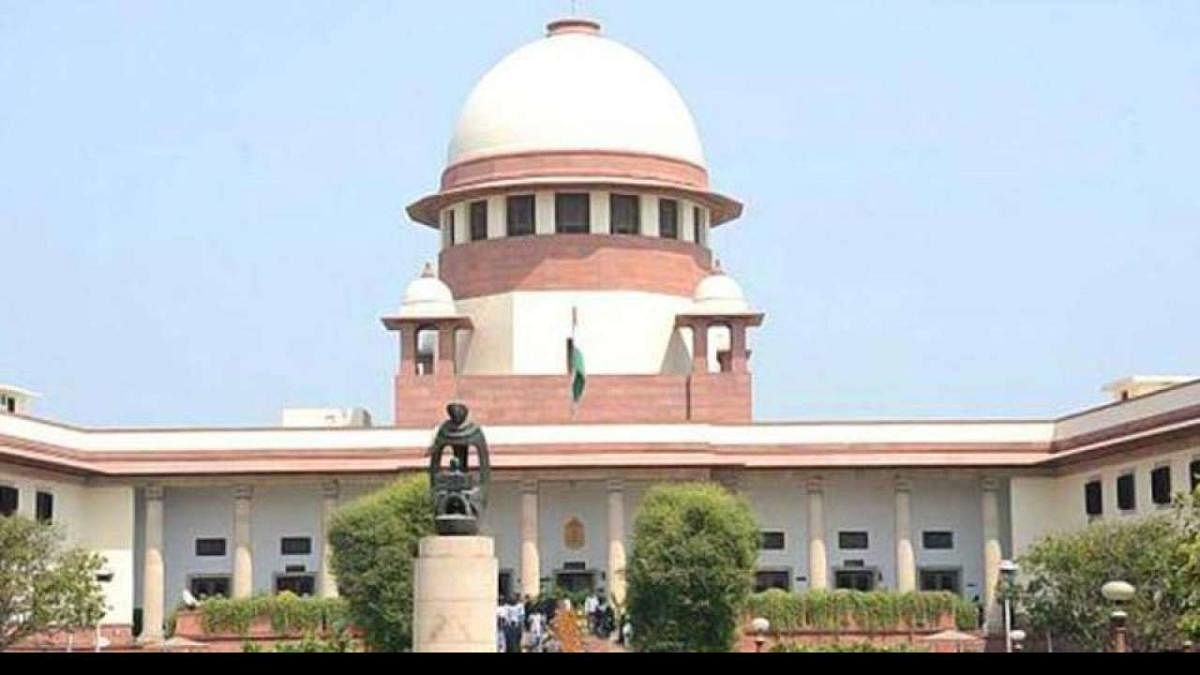
A voter must have complete information about the criminal antecedents of candidates to make an informed choice, which is the cornerstone of a pure and strong democracy, the Supreme Court said on Tuesday.
The top court also asked Parliament to make a law to check candidates with heinous charges from entering the legislature, saying increasing criminalisation of polity strikes at the very root of our constitutional and democratic set-up.
“In the present scenario, the information given by candidates (in an affidavit to the Election Commission) is not widely known in the constituency and the multitude of voters really do not come to know about their antecedents. Their right to have information suffers,” a five-judge bench presided over by Chief Justice Dipak Misra noted.
Observing that criminalisation of politics was “an extremely disastrous and lamentable situation” in a constitutional democracy, the court directed the candidate as well as the political party to issue a declaration, at least thrice, in widely circulated newspapers in the locality about the antecedents of the candidate and also give wide publicity in the electronic media too.
“Disclosure of antecedents makes the election a fair one, and the exercise of the right of voting by the electorate also gets sanctified. It has to be remembered that such a right is paramount for a democracy,” the bench, also comprising R F Nariman, A M Khanwilkar, D Y Chandrachud and Indu Malhotra, said.
The court said if the right to get proper information was scuttled, it may lead to the destruction of democracy because he/she will not be an informed voter having been kept in the dark about candidates who are accused of heinous offences.
The court directed that all candidates shall state, in bold letters, the criminal cases pending against them. The candidate is also required to inform the party about the cases pending against him/her. The political party concerned shall be obligated to put up such information on its website, it ordered.
“It is the citizenry which decides the fate and course of politics in a nation and thereby ensures that ‘we shall be governed no better than we deserve’, and thus, complete information about the criminal antecedents of candidates forms the bedrock of wise decision-making and informed choice by the citizenry,” the bench said.
‘Bring out law’
“In a multi-party democracy, where members are elected on party lines and are subject to party discipline, we recommend to Parliament to bring out a strong law whereby it is mandatory for political parties to revoke membership of persons against whom charges are framed in heinous and grievous offences and not to set up such persons in elections, both for Parliament and state assemblies,” the bench said.
The top court, however, declined to take upon itself the task of adding to disqualification of candidates with criminal background under the Representation of People Act as the Union government, led by Attorney General K K Venugopal, maintained it should be left to Parliament and the court should not cross the ‘Lakshman Rekha’. Under the present law, only convicted persons are debarred from contesting polls.
